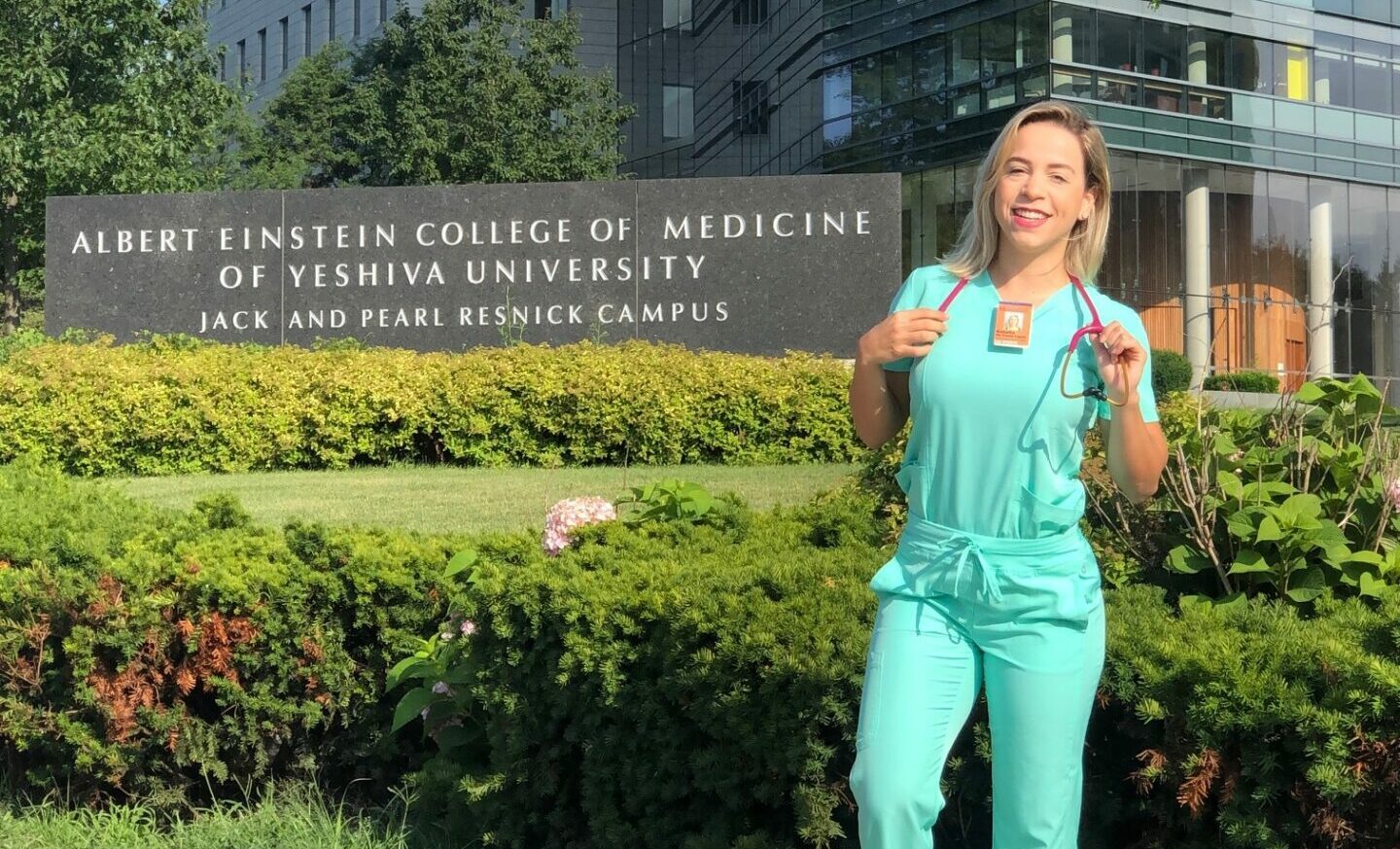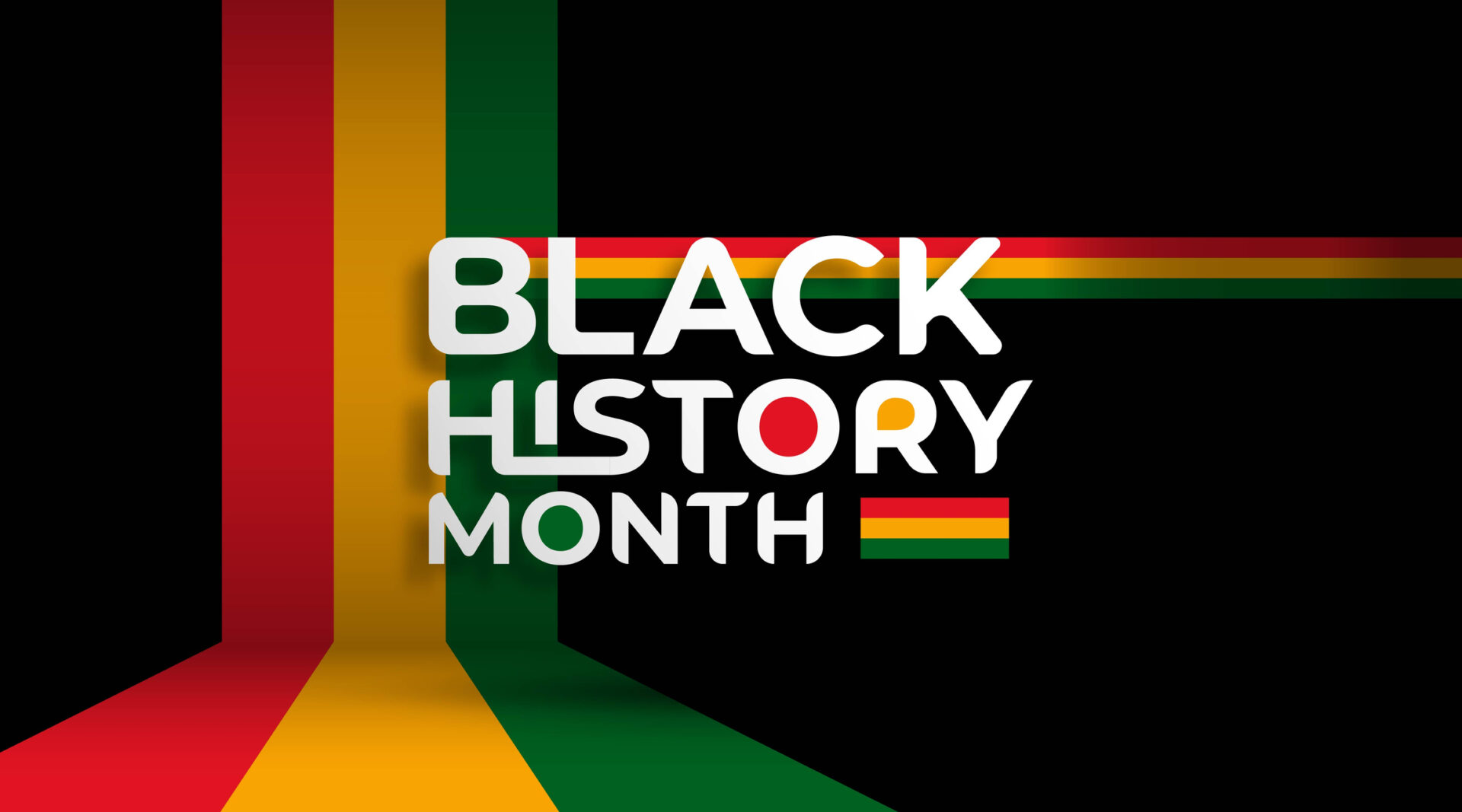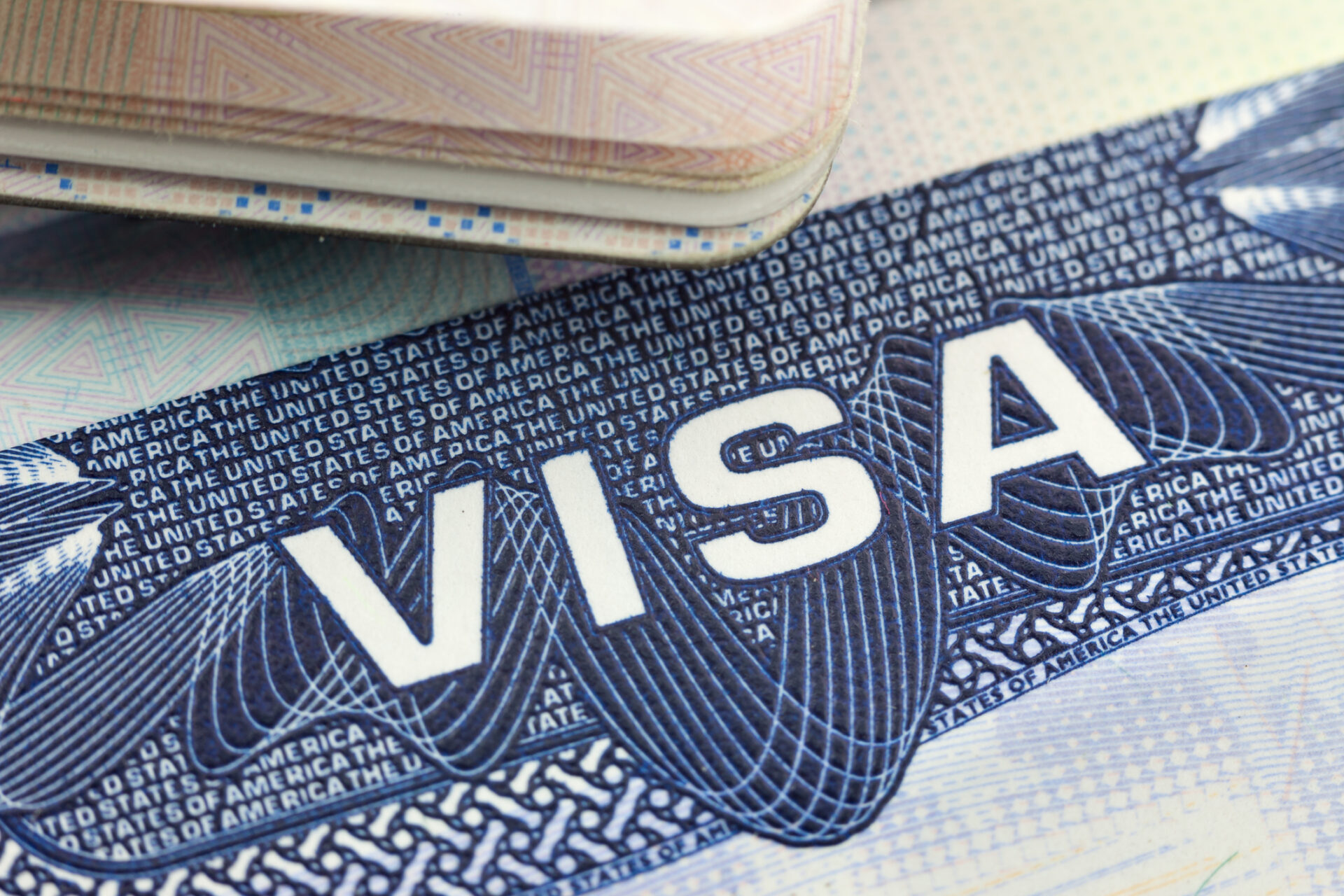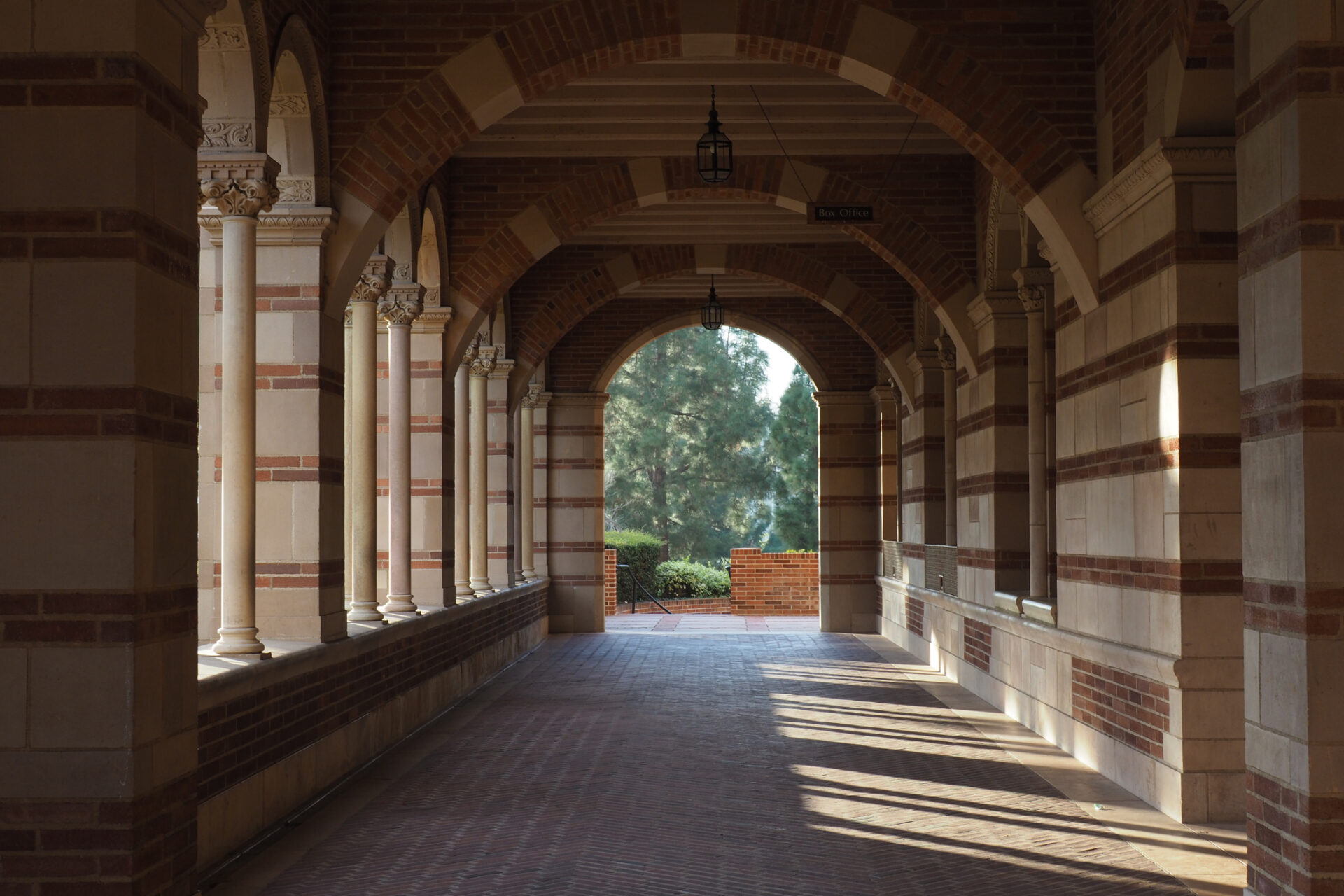In the 21st century, healthcare has lagged behind other industries in terms of globalization. While new demands are accelerating healthcare’s globalization, from medical education to practice, many barriers remain.
Global medical trainees have become an untapped resource for countries, like the U.S., who are most affected by the physician shortage. In the U.S., rising education costs have led to an increasing number of students pursuing medical degrees abroad. In fact, between 1999 and 2006, U.S. citizens who pursued undergraduate medical degrees outside the U.S. rose by 62%.
This growth is reflected today in the number of U.S. IMGs applying for U.S. residency, which grew nearly 18% between 2012 and 2022. While this replaces some of the would-be doctors, accreditation and implicit biases around the quality of foreign-trained medical graduates are barriers for all IMGs wishing to enter the U.S. physician workforce.
While some U.S. states are making efforts to remove the accreditation barrier and new laws have been introduced at the federal level to help with systemic education, there is still a long way to go in not just globalizing healthcare education but making healthcare education globally accessible.
Enter: The World Medical Studies Conference
WHAT IS THE WORLD MEDICAL STUDIES CONFERENCE?
The World Medical Studies Conference is a resource for medical trainees to use on their medical education journey. This year’s theme, Journey to U.S. Physicianship, is focused on helping international trainees overcome the barriers they face entering a U.S. residency program.
Below are three ways WMSC is helping globalize medical education and supporting trainees to reach their medical education goals.
VIRTUAL ROTATIONS
Virtual rotations help prepare trainees for telehealth’s growing role in medicine. However, they also help international trainees access exposure to the U.S. healthcare system, especially in countries with long visa wait times.
WMSC will feature two sessions on virtual experiences. The first session, titled “The Value of Virtual Rotations and Mentorship in a Pandemic Era,” will come from the preceptor of one of AMO’s most popular virtual programs. The latter, “Virtual Rotations: a Multi-Beneficial Learning Tool,” will discuss virtual rotations from the trainee side.
THE IMPORTANCE OF USCEs
U.S. clinical experience shows residency directors that international trainees have familiarity with the U.S. healthcare system. USCEs also help supplement exam preparation by providing first-hand application of book knowledge and medical terminology and, for international trainees, medical English.
Hear from AMO visitors Dr. Ricardo Carrillo and Raad AlHmoud as they discuss their U.S. clinical experiences in the sessions “The Benefits of U.S. Clinical Experience at the Beginning of Your Journey to U.S. Physicianship” and “A Medical Student’s Experience”
RESIDENCY PREP
Preparing for residency includes more than putting together a strong application. It requires interview training, a strong personal statement, quality test scores, and more. For international trainees unfamiliar with the U.S. residency process, these parts of applying to residency can be unexpected or even overlooked.
Sessions such as “New Rules, New Challenges: IMGs Applying to U.S. Residencies During the Time of COVID and USMLE Step 1 Pass-Fail” or “Residency Applications: Personal Statements and Interview Prep” will be geared toward help support all IMGs through all parts of the residency application process.
Ready to accelerate your journey to U.S. physicianship? Register for WMSC for free by clicking here







Leave A Comment